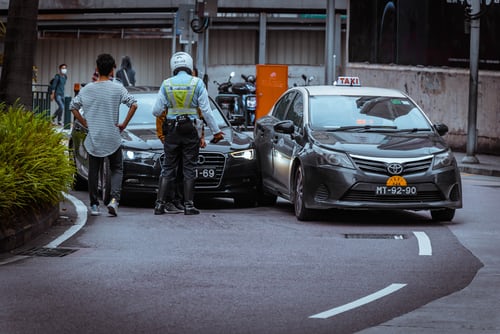Although fatalities on the road in Australia have been decreasing every year since 1970, the rate of injuries has been increasing. The rates of injuries from car accidents have been on the rise since 2001. Injury rates in a vehicle accident are 27 times higher than fatality rates and nearly two-thirds of all hospitalised injuries are from road crashes.
Most of the time the initial concern is on the physical injuries sustained from the accident. However, once the initial shock has subsided, it is easy to overlook the mental and emotional trauma that has been experienced from the event.
Trauma can be caused by one or more distressing events causing overwhelming amounts of stress that exceed the person’s ability to cope. You wouldn’t necessarily have to be the driver of the vehicle to be affected by the accident, you could be a passenger, a bystander or emergency services attending.
It is normal after an accident to start displaying symptoms of post-traumatic stress disorder (PTSD). This may include flashbacks, anxiety, emotional detachment, insomnia, nightmares or mistrust and may even cause fear of driving or being a passenger again in a car. This can have adverse effects on a person’s day to day life and may lead to avoidance of going to, or attending certain things including work, picking up kids, or going on holidays. When these fears negatively impact our lives, it may be time to talk to seek some support.
A serious accident may cause problems with sleep patterns such as insomnia or potentially over-sleeping, from exhaustion from being in a state of hyper-vigilance. Your body is experiencing an overload of emotions during this time and can present various ways such as a racing heart, tense muscles, loss of appetite and energy and trouble concentrating. Anxiety and depression can be something that can interrupt the quality of life after a serious accident and it is important not to be suffering alone.
At the Australian Trauma Support Centre, we specialise in supporting people affected by trauma. We can support you through this and provide ways to assist you with the emotional trauma experienced. If you are finding yourself struggling to cope after a traumatic event, please get in contact with us or your GP. You are not alone and you do not need to keep feeling like this.


